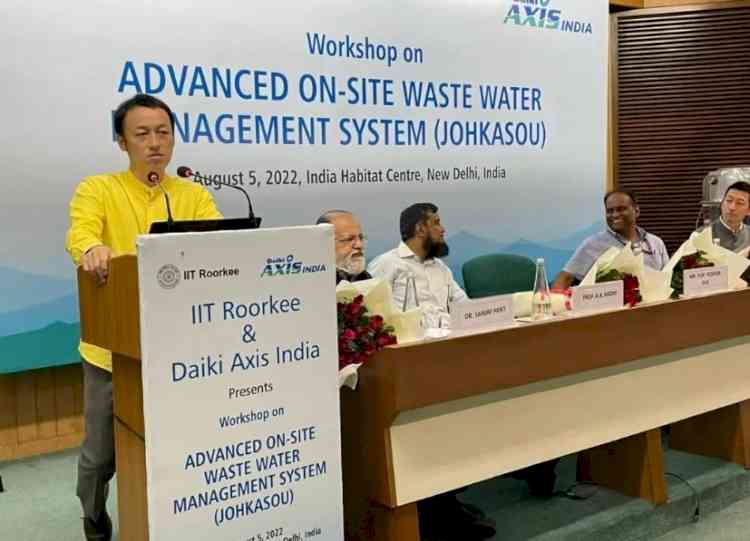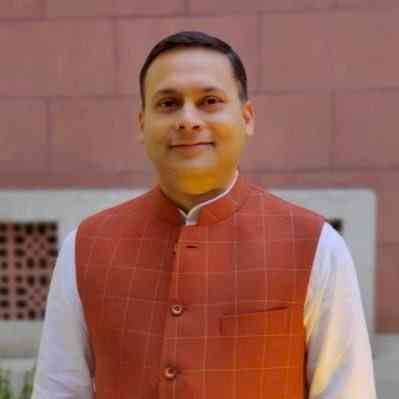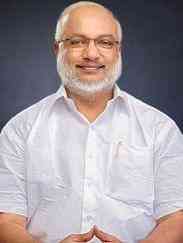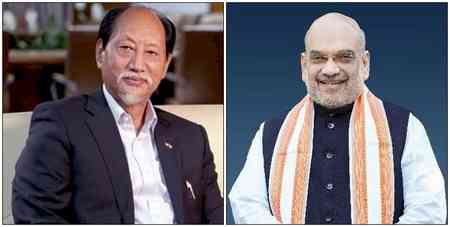Daiki Axis India and IIT Roorkee Conduct Workshop on Advance Onsite Wastewater Management System
The company uses Japanese Technology ‘Johkasou’ for treating wastewater effectively

New Delhi: Daiki Axis India in collaboration with IIT Roorkee organised a workshop on advance onsite wastewater management system, based on Japanese Johkasou technology. The programme was supported by the National Mission for clean Ganga (NMCG), Bureau of Indian Standards (BIS) and the MOE Government of Japan. The highlight of the event was a comprehensive outline to develop onsite Sewage Treatment Plants (STPs) in collaboration with various government missions of India and Japan. Wastewater treatment is a core issue and affects public health at large, Daiki Axis India is working towards developing cost-sustainable financial models for onsite solutions which are also affordable to the general public. Prominent luminaries and Guests of Honour to grace this event included, G. Ashok Kumar, Director General, Namami Gange, Dr. Absar Ahmad Kazmi, IIT Roorkee, Rio Waza, Managing Director, Daiki Axis India, Kamal Tiwari, Director and CEO, Daiki Axis India and Dr. Sanjay Pant, ADG, Bureau of Indian Standards, Dr. Praveen, Technical Director, NMCG, Dr. VK Chaurasia - Joint Director Ministry of Housing & Urban Development, Dr. DP Mathuriya Executive Director NMCG, Ramesh Negi IAS (Retd.) Former chief Secretary Arunachal & CEO Delhi Jal, Dr. AK Vidhyarthi from Central pollution control Board (CPCB).
The grand event hosted at the Gulmohar Auditorium at the India Habitat Centre in New Delhi on Friday was inaugurated by the lamp lighting ceremony by the Guests of Honours. The next highlight of the event was a presentation by the Japanese Embassy in New Delhi, wherein Mr. Yuki Yoshida underscored Japan’s steadfast commitment to onsite wastewater treatment. The presentation also saw IIT Roorkee’s collaboration towards evaluating the performance of the Johkasou technology in Indian conditions.
Rio Waza, Managing Director, Daiki Axis India during his presentation said, “Japan has faced one of the world’s worst pollution scenarios but today proudly stands far and opposite to the former picture. With collective efforts the dream determined for ourselves and for generations to come is possible and therefore in India, we have a vision and mission to establish the factories in each state and have started working on models for South and East India.”
The workshop saw Kamal Tiwari reiterate Daiki Axis India’s steadfast commitment when he was quoted as saying, “Our strategy is to bring the Johkasou decentralized wastewater treatment system developed in Japan to India and support the nation’s domestic waste treatment efforts. Wastewater management not only being an opportunistic area for jobs and income but a crucial aspect to focus upon as similar to the country’s economic revival and or climate change. The Prime minister of India’s vision to accomplish an excellent wastewater management system in India thus motivates us to bring groundbreaking technology that offers quick installation and stable performance. He further added, “We have also collaborated with the accredited university which will help us educate and impart significant skill development required to build a workforce for the rising wastewater management jobs.”
This was followed by a presentation by Prof. Jyoti Rana, Academic Dean, Shri Vishwakarma Skill University wherein she accentuated the need for skill-development and training to facilitate this water conservation venture. Her speech was followed by a panel discussion with the theme to address the compliance norms and various standards. The panel comprising of field experts, analysts and high-level dignitaries talked at length about the applications and opportunities of India’s onsite wastewater treatment systems.
At the event, while interacting with the media, Aishwarya Mahajan, President, M3M Foundation greatly appreciated the initiative and said, “We need to ensure that the benefits cascade down to the common man. If we want to see this initiative implemented at the rural grassroot level, then we must ensure that technical jargons are simplified for the target demographic. We at the M3M Foundation will look to contribute in all aspects of this program with Daiki Axis India, whether it is in the field of research and development, skill training or behaviour engineering. We will be happy to work, support, collaborate and partner with all government agencies and non-government organisations”.
Celebrating the long-standing culture and heritage Indo-Japanese ties, Japan has always supported India in bringing the revolutionary ideas which Indians have always made most of. In a similar segment, wastewater treatment collaboration aspires to bring a brighter future for all.


 City Air News
City Air News 








